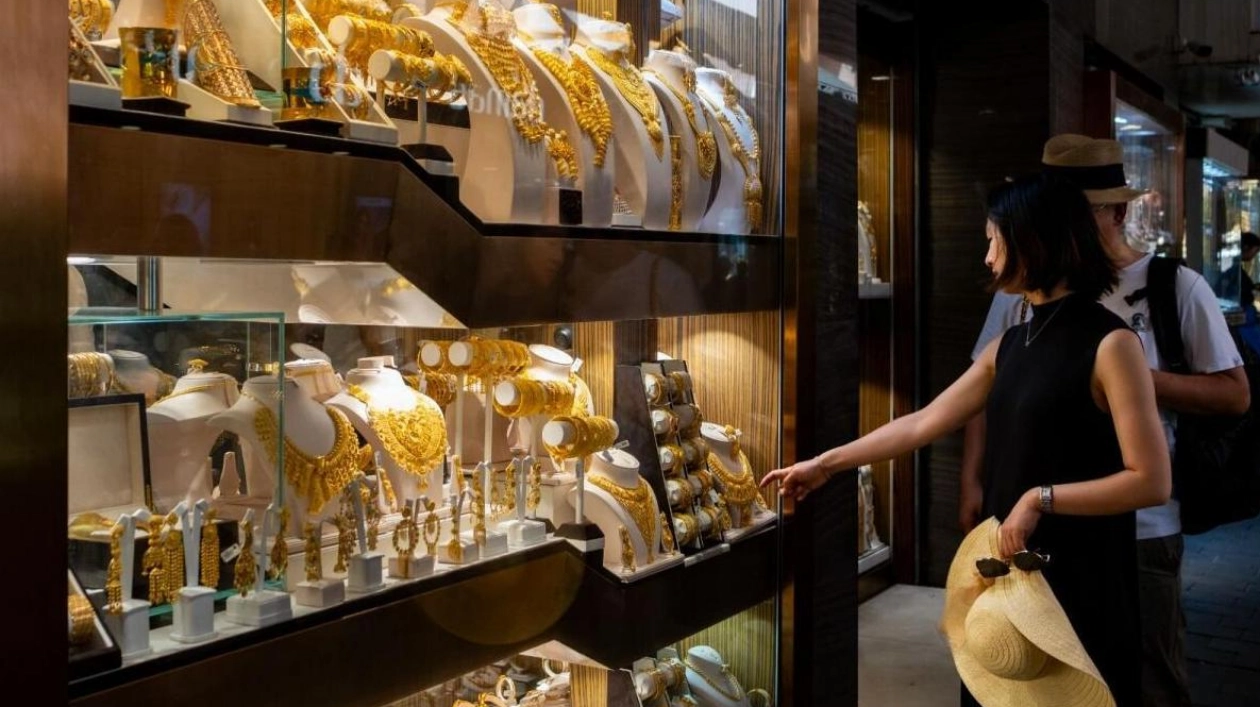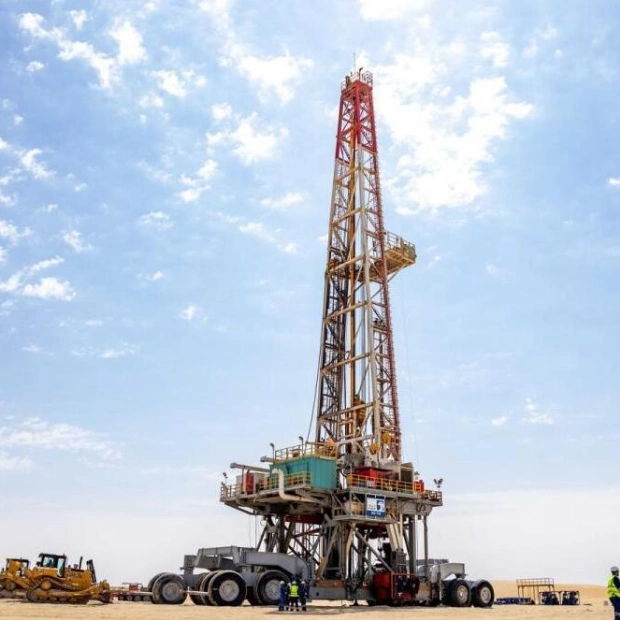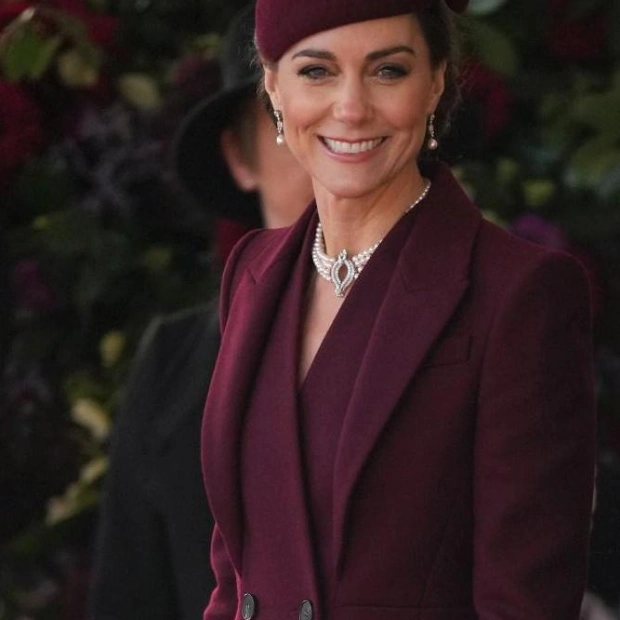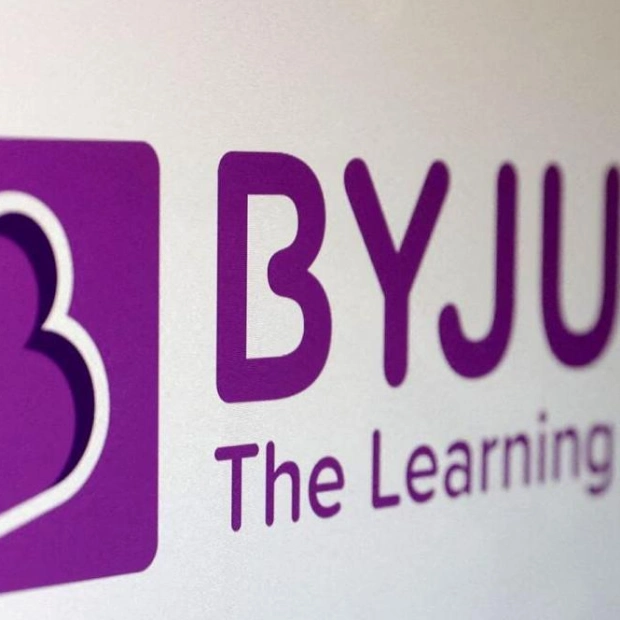KT Photo: Shihab
The UAE is poised to become one of the most significant hubs for gold trade in the coming years, according to a recent report by the DMCC. This status was notably reinforced when the UAE surpassed the United Kingdom in 2023 to secure the second-largest position in global gold trade, with a total trade volume exceeding USD 129 billion—a 36 percent increase from the previous year. The report, titled 'Trade, Technology and Markets in Transition,' also forecasts the emergence of an 'Asian century' for gold, emphasizing the development of a new gold economic corridor among BRICS nations, including the UAE, as an alternative to traditional gold trade centers.
The report offers critical insights into the current landscape of the global gold and silver markets, while underscoring the geopolitical challenges that have impacted the global financial economy. These challenges include sanctions against Russia, which have prompted countries worldwide to reassess their dependence on the US dollar and the security of their gold reserves. Consequently, central banks globally have intensified their gold purchasing activities and repatriated gold stored in the US to diversify away from the dollar, with some even using gold as a substitute for the US dollar in trade transactions. This shift is propelling gold prices to record highs, influencing the global economic landscape.
In response to these challenges, the UAE is positioning itself as a pivotal player in the global precious metals market. By leveraging its strategic location, robust regulatory framework, and advanced infrastructure, the UAE aims to bridge East and West, thereby reshaping the gold trade. The report also highlights the increasing significance of technological innovation within the precious metals market. From AI-driven exploration and autonomous mining techniques to blockchain-based tracking systems and digital gold investment products, technology is revolutionizing how gold is sourced, traded, and invested in.
The report further provides several key recommendations for governments and businesses to drive the industry's evolution and shape its future growth:
1. Enhance transparency and regulation: Governments, exchanges, and refineries should bolster gold provenance measures and ensure greater transparency, with the UAE's model of transferring oversight to government bodies serving as a benchmark for stricter regulation and accountability.
2. Facilitate trade liberalization: Reducing tariffs and eliminating customs barriers can combat smuggling, enhance liquidity, and improve price discovery. Expanding trade agreements, such as the UAE-India CEPA, and pursuing bilateral agreements will ensure smoother, more transparent trade.
3. Support formalizing ASGM: Instead of banning ASGM gold, targeted finance, training, and access to formal markets should be provided to enhance safety, environmental standards, and economic development while curbing smuggling.
4. Invest in AI and technology: Miners should invest in AI and advanced technologies to reduce costs, improve production, and enhance ESG standards. Leveraging technology can also help artisanal miners eliminate mercury use.
5. Boost digital innovation and access for emerging markets: Investment companies and fintechs should develop digital products that enable small-scale and young investors in emerging markets to access gold trading, thereby expanding market participation.
6. Establish global standards for digital and blockchain solutions: Industry participants should collaborate to create global standards for digital gold products and blockchain systems to improve transparency, eliminate pricing inconsistencies, and reduce reliance on derivative products.
Source link: https://www.khaleejtimes.com






